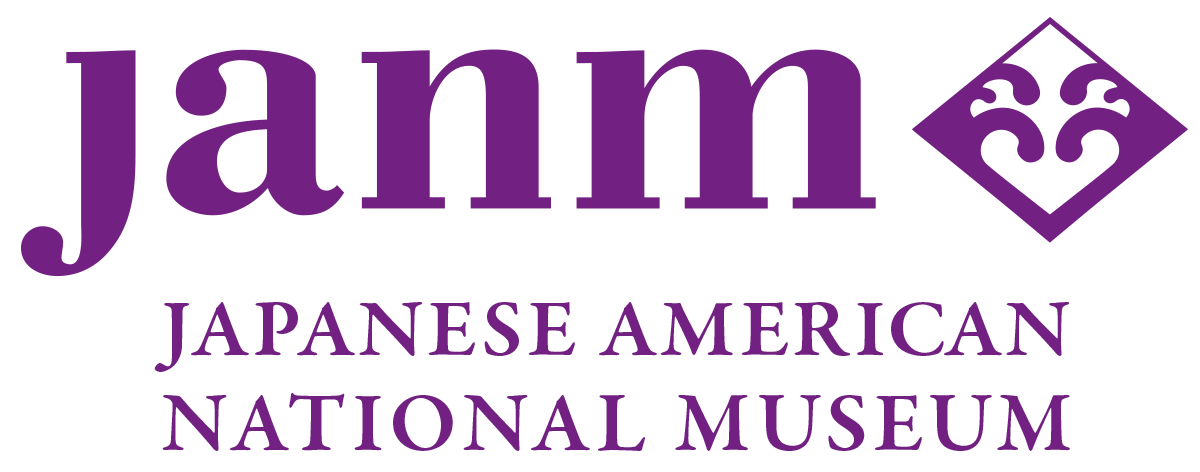即日発表 - 2001年09月27日
プレス連絡先:
Chris Komai - ckomai@janm.org - 213-830-5648

Opinion Editorial
Japanese American National Museum
As we reflect on the death and destruction that occurred on September 11th and voice our sympathies to the victims, their families, friends, and loved ones, we observe a disturbing reoccurrence of a sentiment witnessed around the beginning of World War II.
Now, as in 1942 when America came under attack, the resulting emotions are: anger, hate, vengeance, and patriotism.
Shots have been fired into mosques. Arab American businesses have been defaced with the word “Die!” painted upon them. Reports of harassment, vandalism, assaults, and even murder against innocent Americans and residents of our country have set off alarms in the Japanese American community. This all happened once before to people in our community. It was ugly, ignorant, humiliating, and wasteful. And most importantly, un-American.
Soon after the beginning of World War II, the government of the United States issued a directive that Japanese Americans were unfit to serve in the United States military and declared that they were 4-C, the designation for “enemy alien.” A few weeks later, the United States government directed the U.S. Army to build 10 concentration camps and placed Japanese Americans, most of them American citizens, into these camps. They were incarcerated without due process of law. We now know that no one was ever arrested for committing a crime, and that no one ever committed an act of sabotage or treason.
During that dark period in American history, when much of America was turning its back on Americans of Japanese ancestry, including the government and news media, there were individuals who refused to turn against their friends and neighbors. There were some who were moved to great acts of kindness, including those who cared for their Japanese American neighbors’ homes and the possessions they were not able to take to camp, or minded their friends’ businesses while they were behind barbed wire. And, there were individuals who proved to be true defenders of democracy.
Today, our political leaders, including President George W. Bush, Attorney General John Ashcroft, Transportation Secretary Norman Mineta, and members of Congress have made it clear that the harassment and assault of Muslims, Arab Americans, and South Asian Americans is not to be tolerated by our government. It is important to note that during World War II nearly 60 years ago Mineta, at the age of 10, was interned in a U.S. concentration camp along with his family. His experience and condemnation of random discrimination against Muslims and Arab-Americans has touched the conscience of the Bush administration and has helped shape the response to the terrorism.
The news media has also been quick to mention the mistakes from the Japanese American experience during World War II and to caution against outlandish acts of persecution. Our educational institutions, including the Japanese American National Museum, stand ready to provide historical perspective and even open our facilities to become civic centers where our citizens can congregate and share their feelings and thoughts.
We are horrified and saddened to hear about the violent and demeaning acts against Arab Americans and Islamic Americans today. It is also distressing to read that public polls indicate a willingness to return to internment camps in the U.S. as a possible response to terrorism.
As we struggle with the natural desire to do “something” in response to the horrific acts of destruction on our soil, let us remember that as Americans-living in one of the few true democracies in the world-that we have a choice. Let us choose to learn from America’s history and respond with civility and dignity at this very difficult time.
Irene Hirano
Executive Director and President
Japanese American National Museum
Los Angeles, California
